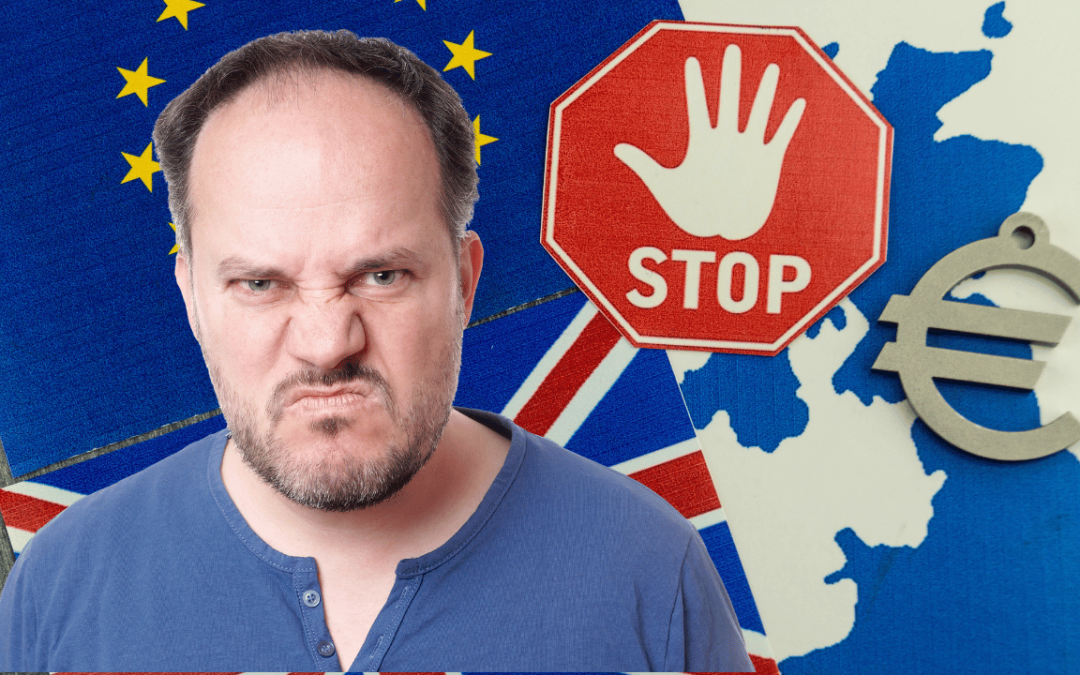It’s top tips time! And this top ten is all about buying a home in Spain. Buying your dream home in the sun is an exciting time, but you need to keep your wits about you. Let’s get into it.
1 – Know your area
First things first. Where do you want to live? Do you want to live on the beach, which could be quite touristy? Do you want to live inland, which could be quite remote? Do you want to live in the city, which could be noisy? Maybe somewhere in between might be more important for you.
Spain is a large country and offers a diverse range of locations to live in. They are very different and so each one is not for every person. Often visiting the area and spending some time there can give you an indication of whether it’s the right type of place for you to live. There’s no right or wrong answer, but be sure to choose an area that’s right for you, and will be all year round.
2 – Know your budget
There can be a lot of additional costs when buying a property in Spain compared to many other countries. I would suggest allowing a minimum of 10% on top of your purchase price to cover costs such as purchase taxes, Notary fees, Land Registry fees and legal advisor costs.
Now, this does vary from location to location. Currently, in Andalucia, the purchase tax is 7%. However, in different parts of Spain, this can be up to 15%. Also, in Spain, it is still legal for agents to charge a buyer’s premium for the privilege of buying a property. This can range between 2 and 5% of the purchase price. Whilst, not something we agree with, you will find some agents do charge this fee, so do clarify the exact charges that are involved when buying a property.

3 – Understand your motivations
Are you looking to buy a second home that you might rent out, a holiday home that you will use for part of the year or a permanent home to live in full time? The differences between these are quite significant and the type of property you will be looking to buy, together with the location that you wish to be in, will also be quite different for each requirement. Take some time to really understand the motivation behind your purchase to ensure that you’re buying the correct property for your needs.
4 – Get good quality legal advice
This doesn’t only mean choosing the right legal adviser to help you with your purchase. There are many pitfalls that you can get trapped with when buying a property in Spain and it’s very important that the legal adviser you are dealing with knows the location of the property that you’re buying. It’s pointless having a legal adviser who is 300 or 400 kilometres away from the property and they will never visit it. This is particularly important with rural properties. They may not know what buildings are actually on the land if they haven’t visited it! Check out our recommended legal advisors in our Partner Directory.
5 – Check out social media groups
These can be very useful in gaining an understanding of a local community and of individuals’ personal experiences. A lot of information within social media groups should be taken with a pinch of salt though. They can often be a one-off experience received by an individual and these do not necessarily represent the overall market and your personal circumstances. There’s certainly no harm in taking some general advice from these groups, but for your specific personal needs, ensure that you are taking specific professional advice.
6 – Choose a good agent
This is not always easy but one good way you can do this is to check out their social media content and see if they are putting out free helpful advice before you have even spoken to them or do they just list properties with no thought given to helping the buyer?
Another way of checking if you have a good agent is to check which professional bodies they belong to. For example, are they a member of SIRA, the Spanish International Realty Alliance? This can give an indication as to whether they subscribe to a code of ethics and are committed to, giving you honest and professional advice.
Be wary of agents that do not have a physical office or are not a member of any professional body, as this could provide an indication as to how seriously they take their role.

7 – Speak to agents
Don’t just rely on property portals to find your ideal property. A good agent will be willing to have a conversation with you about your own personal needs and spend time helping you to find the right property. They will also know of properties that are not publicly advertised.
You will certainly get far more from a good agent by having a conversation with them and creating a personal relationship than just scanning property portals, which are quite often out of date.
8 – Understand the legalities
In Spain, there are different types of legal property. You could be looking at a Nave, which means that it’s only an agricultural building rather than a Vivienda, which means that you can live in it full time. Knowing the difference between the two is going to save you from making a bad buying decision. So, it is really important to fully understand the different types of legal property in Spain.
9 – Get your NIE
This is a tax identification number that will be required to purchase a property in Spain. It is impossible to do so without one. In addition, you cannot buy a car, open a bank account, sometimes even purchase a TV or set up an Internet connection or electricity contract without this. Many people mistakenly start their Property Search without obtaining their NIE and miss out on suitable properties.
Although it is not difficult to do on your own if you are familiar with the Spanish system and speak some Spanish, you can instruct the services of a professional to help you obtain an NIE. Many find it quicker and simpler to get some help.
10 – Think about currency exchange
When dealing with large amounts of money, it can be very expensive to make the wrong choice in changing money into euros if you do not already hold the funds in euros. Many banks will levy significant charges for transferring money to and from Spain, particularly if it is outside of the EU, and the exchange rates they offer are often very poor. Do look at the options that are available to you, in particular thinking about the money laundering regulations. There are many currency accounts such as Wise or Revolut, for example, who can offer good rates for smaller currency amounts.
However, when dealing with a large purchase such as a property purchase, you may prefer to use a professional currency exchange company who are experienced in dealing with all of the money laundering regulations.
Article by Mathew Wood, Lanjarón Property
To find your dream property, visit Mathew’s website by clicking the link below











0 Comments